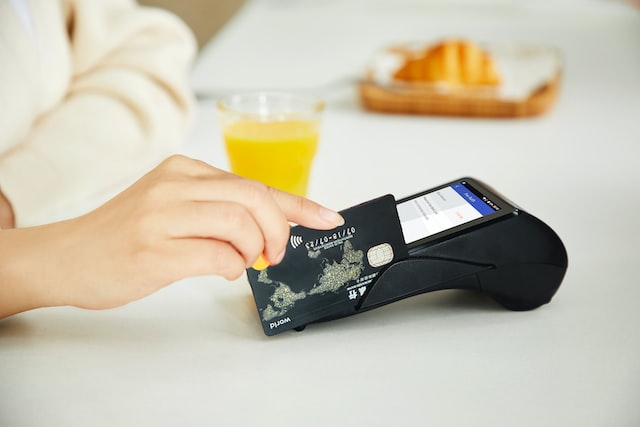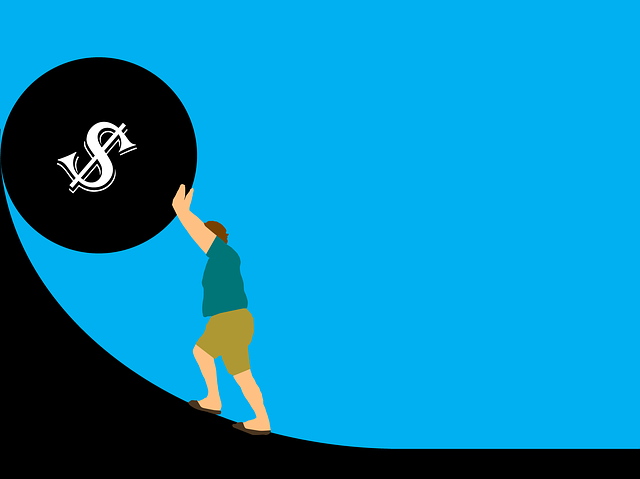KEY HIGHLIGHTS
a. Paying with cash can encourage mindful spending, as it lacks the convenience that credit cards have.
b. Credit cards have security features and a rewards program, which cash does not have.
c. Interest charges and late payment fees can pile up if you don’t pay off your credit card balance on time.
With the easing of travel restrictions, you are hearing more family and friends discuss their latest holiday plans. Some may even brag about the “free upgrades” they received on flights and hotels by using their credit cards’ miles and accumulated points.
If you are feeling tempted to get a credit card to reap its benefits when you travel, remember to do your own due diligence, and understand the pros and cons of using credit cards versus cash. Both credit cards and cash are widely accepted as payment methods in Singapore. It is imperative that you weigh your options and consider your spending habits, before deciding.
BENEFITS OF USING CREDIT CARDS
#1: UNDENIABLE CONVENIENCE
Credit cards allow you to make purchases without carrying cash, which can be more convenient when you need to make large purchases. You do not need to worry about queues at the ATM, or whether you have enough cash in your wallet. Simply swipe the card anytime and anywhere.
#2: REWARDS AND PROMOTIONS
Many credit cards offer promotions and rewards such as cashback, discounts, and points. You can earn rewards by swiping your card for everyday purchases, which can help you save money in the long run. If you play your cards right, you could be one of those people who fly for “free” due to their air miles redemptions. Imagine boarding the plane and redeeming the staycation of your dreams, without any additional spending on top of your usual expenses!
#3: SECURITY FEATURES
Credit cards come with fraud protection features such as receiving a notification for each transaction. This means that if your card is stolen or used illegally, you won’t be liable for charges. Call the credit card issuer immediately to inform them of any unauthorized transaction. Moreover, you can cancel a credit card if it is lost or stolen.

Image Credits: unsplash.com
In contrast, cash does not give consumer protection against fraud and theft. In the unfortunate event that your wallet is stolen, all the cash inside would certainly be gone.
BENEFITS OF USING CASH
#1: NO FEES
While having a credit card does make purchases in foreign currencies seamless, they tend to come with relatively high foreign exchange fees and unfavorable foreign exchange rates. When you use cash, you do not have to fret about paying fees or interest. Furthermore, some retailers offer devices that are cheaper when purchased in cash.
#2: SPENDING CONTROL
At one point or another, you have probably gone down the rabbit hole of splurging on an item that costs more than your budget. When this happens, sticking to your available cash will be your best bet to stay within your means. Using cash can enable you to track your spending and avoid overspending. With a limited amount of cash in your wallet, you are more likely to think twice before making a purchase.
#3: WIDELY ACCEPTED
While credit cards are widely accepted in Singapore, there are still some places where you can only pay with cash. Small local businesses, hawker centres, or street vendors may opt for cash transactions.

Image Credits: unsplash.com
The choice between credit cards and cash comes down to your financial situation and personal preference. If you value convenience, rewards, and security, a credit card may be a better choice. However, if you prefer mindful spending and avoiding fees and hidden charges, then cash may be the way to go.










